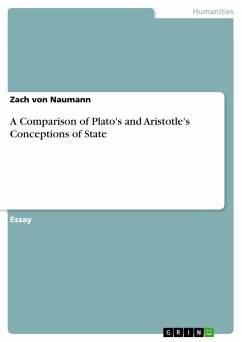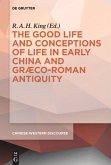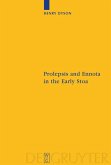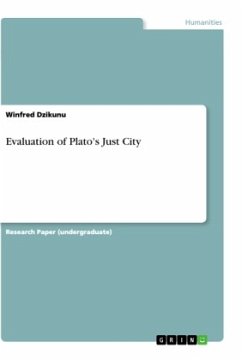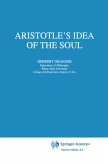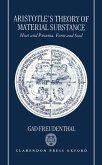Essay from the year 2009 in the subject Philosophy - Philosophy of the Ancient World, , language: English, abstract: In "Politics" by Aristotle and "Republic" by Plato, two different conceptions of the state, justice, and political participation present themselves. The two philosophers living in Greece disagreed on many things and approached the same ideas in very different ways. In this paper, I will prove that Plato cannot accept Aristotle's claims that all states are natural and all citizens are capable of participating in politics if he is to preserve his own philosophy on state and politics as defined in "Republic". In Book I of "Politics", Aristotle describes how the state came into being and makes the claim that all states are natural. He reaches this conclusion by examining essential human relationships in their simplest form. In the human world, there is a natural pairing of those dependent on one another for survival, two such relationships are the master-slave and male-female pairings. The female is paired with the male for the sake of reproduction, the survival of the human race, and because she is incapable of fully rational thought and thus must be ruled byman for her own good . The master-slave relationship is one of preservation because they complete one another. Nature creates for each separate thing a separate end, because an object is most effective at its task when it serves a single purpose. The natural end for a master is to rule, and the natural end for the slave is to be ruled, therefore, unless the two are paired together they will individually be forced to perform tasks that they are not created for and thus will not be acting in accordance with nature.
Hinweis: Dieser Artikel kann nur an eine deutsche Lieferadresse ausgeliefert werden.
Hinweis: Dieser Artikel kann nur an eine deutsche Lieferadresse ausgeliefert werden.

